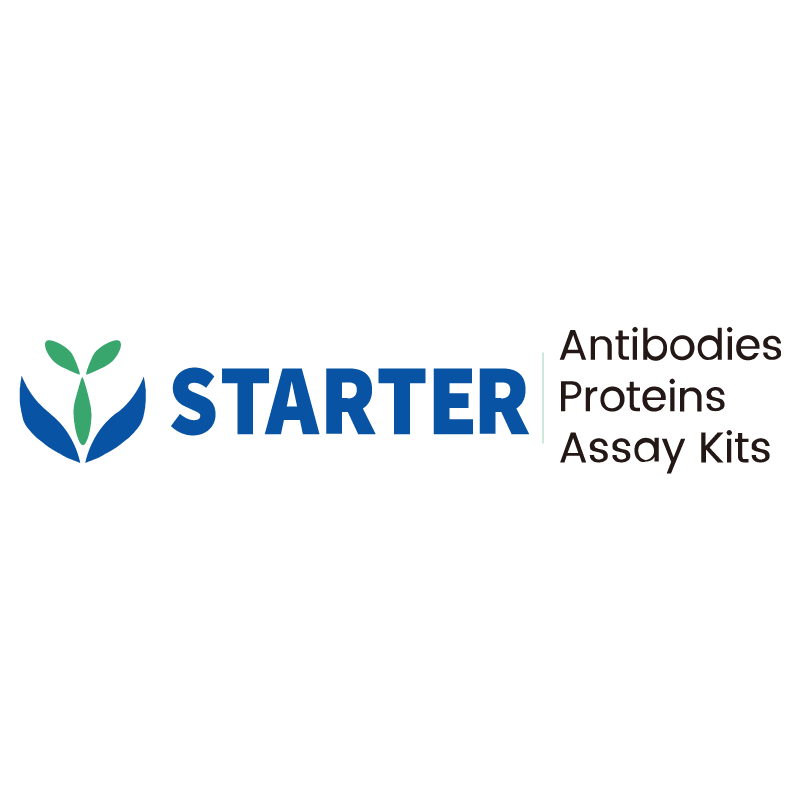Product Details
Product Details
Product Specification
| Host | Rat |
| Antigen | IL-4 |
| Synonyms | Interleukin-4, B-cell IgG differentiation factor, B-cell growth factor 1, B-cell stimulatory factor 1 (BSF-1), IGG1 induction factor, Lymphocyte stimulatory factor 1 |
| Accession | P07750 |
| Clone Number | 11B11 |
| Antibody Type | Recombinant mAb |
| Isotype | Rat IgG1,k |
| Application | WB, in vivo IL-4 neutralization, in vitro IL-4 neutralization, in vivo IL-4 receptor stimulation (as a complex with IL-4) |
| Reactivity | Ms |
| Concentration | 4 mg/ml |
| Endotoxin | <1EU/mg |
| Conjugation | Unconjugated |
| Physical Appearance | Liquid |
| Storage Buffer | PBS pH7.4, containing no preservative |
| Stability & Storage |
2 to 8 °C for 2 weeks under sterile conditions; -20 °C for 3 months under sterile conditions; -80 °C for 24 months under sterile conditions.
Please avoid repeated freeze-thaw cycles.
|
Background
IL-4, also known as Interleukin-4, is a cytokine (a type of signaling protein) that plays a crucial role in the immune system. It is produced by several types of immune cells, including T helper cells (Th2 cells), mast cells, eosinophils, and basophils. IL-4 is a key player in the development of allergic responses. It stimulates B cells to produce IgE antibodies, which are involved in allergic reactions such as asthma, atopic dermatitis, and allergic rhinitis. IL-4 is essential for the differentiation and polarization of T helper cells into Th2 cells. Th2 cells produce cytokines that promote humoral immunity and allergic responses. IL-4 can regulate the production of other cytokines, including IL-5, IL-13, and granulocyte-macrophage colony-stimulating factor (GM-CSF). These cytokines further contribute to allergic and inflammatory responses. Although IL-4 is primarily associated with allergic responses, it has also been implicated in the development of certain autoimmune diseases, such as multiple sclerosis and rheumatoid arthritis. Due to its key role in allergic and inflammatory responses, IL-4 has been a target for therapeutic intervention. Blocking the effects of IL-4 or its receptor (IL-4R) has shown promise in treating allergic diseases in preclinical and clinical studies.


